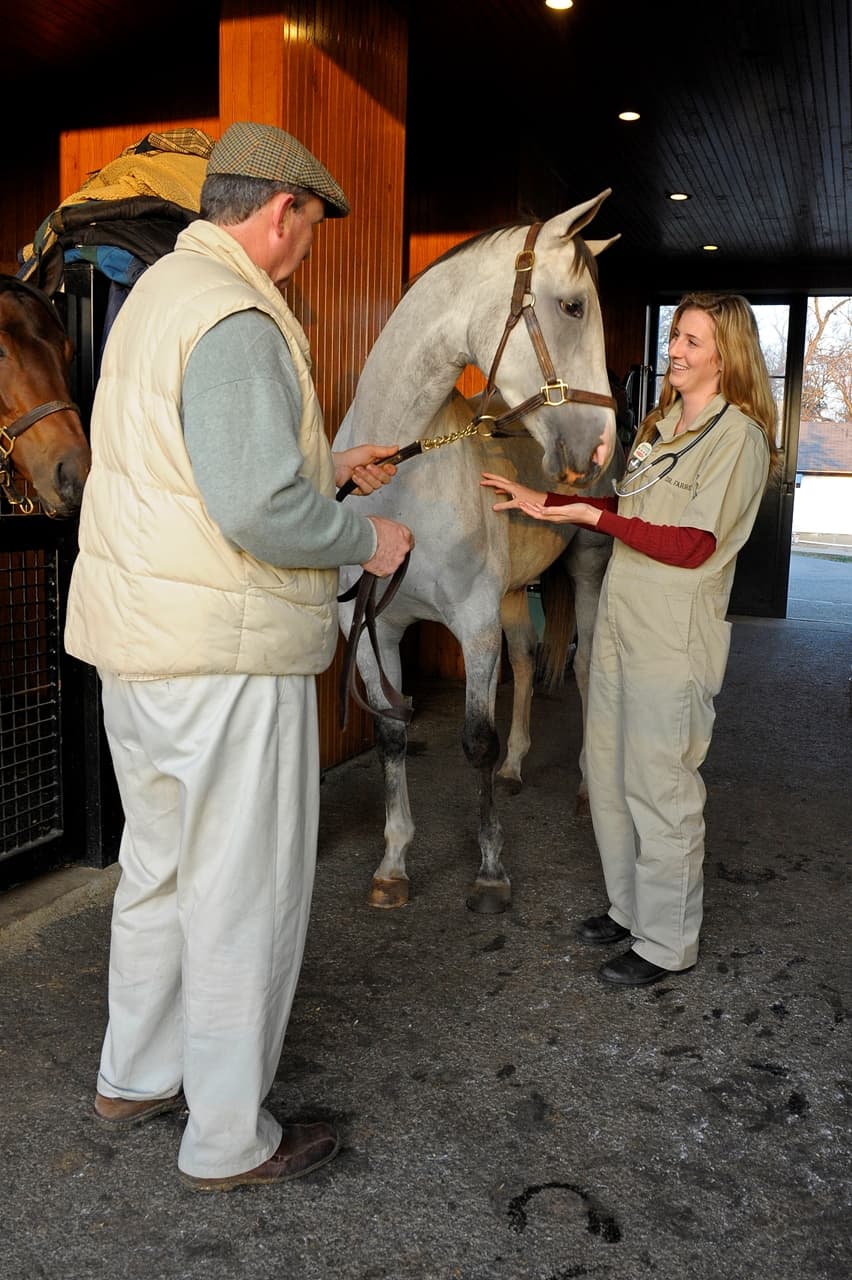6 Money-Saving Preventive Care Tips for Managing Your Horse

Spoiler alter: Horse ownership comes with vet bills. They’re an unavoidable, and often costly, part of caring for equids. So, when it comes to routine horse care, some owners might try to reduce veterinary costs by forgoing annual exams and treatments. But, veterinarians warn, cutting corners on preventive care often winds up being more costly in the long run.
1. Get Annual Wellness Exams
“Very simply, it pays off to get an annual physical exam for your horse because there are conditions that can show up in those exams that, if not detected, can cost owners money for larger veterinary bills (in the future),” said Fernando J. Marqués, DVM, Dipl. ACVIM, clinical associate professor and chief of services at the University of Wisconsin-Madison School of Veterinary Medicine’s Morrie Waud Large Animal Hospital. “Also, horses receive annual vaccinations during those physicals, and that’s not where people should cut corners to save money either.”
During typical annual equine physicals, veterinarians will check the horse’s temperature and heart and respiratory rate, and they’ll auscultate (listen to using a stethoscope) the heart, lungs and gut. Most physicals also include body condition scoring and an eye exam, and some include sheath cleaning and hoof evaluations, as well
Create a free account with TheHorse.com to view this content.
TheHorse.com is home to thousands of free articles about horse health care. In order to access some of our exclusive free content, you must be signed into TheHorse.com.
Start your free account today!
Already have an account?
and continue reading.
Written by:
Pat Raia
Related Articles
Stay on top of the most recent Horse Health news with















